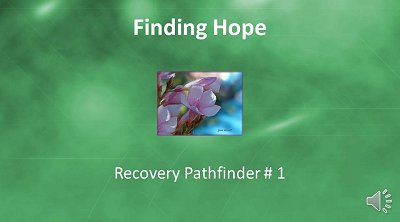If you are someone you know is recovering from addiction, you may need a way to stop the cycle of negative thoughts and self-destructive behaviors. Music and art therapy can be part of successful treatment plan. Creative expression has been used for years in either individual or group counseling. Art therapy is used in rehab centers, hospitals, schools, and other settings for recovery. Many people who do not respond well to more traditional treatments have success with music and art therapy.
Self-expression
Communication and self-expression issues are common among people with substance abuse problems. Creative communication can help people in recovery process their thoughts and feelings in a positive way. Often, those who suffer from addiction have trouble making sense of their emotions. And, they struggle with how people respond to them. Creativity opens new avenues of understanding and helps people learn new thoughts, responses, and behavior patterns.
Art benefits for recovery
People often deny the need for help and may resist treatment. Art therapy can help overcome this because art therapy can motivate people. They may want to achieve a healthier lifestyle, gain more self-confidence, and improve communication skills. Music is often used to help overcome depression, stress, anxiety and anger or rage issues. Those emotional responses often produce unhealthy thoughts and behaviors.
Music as therapy
Listening to and playing music creates a certain response in the brain. It stimulates the neurotransmitter dopamine which causes an overall sense of well-being. Music can help people be more likely to seek treatment, and more likely to continue toward recovery. Also, music therapy can increase positive feelings and self-awareness. Then, people can cope better with temptations and frustrations that come from addictions.
When listening to their favorite music, people experience a stimulation of the auditory cortex in anticipation of their favorite musical passages. And then, the feeling of exultation at its peak has a powerfully healing impact. Sometimes our brain helps us experience music even when we’re not actually listening to it or performing it.
Self-discovery
Art and music therapy help you get in touch with your feelings. They also help you learn to accept yourself, and decrease feelings of guilt and shame. The goal is to create a sense of happiness and hope through painting, sculpting, coloring, drawing, collages, or other artwork. Be very creative as you express every aspect of your emotions, both positive and negative.
Art in recovery
For the best results, continue art and music therapy even after formal treatment is done. As they help to relieve stress, they can help you cope with depression, and fend off the temptation to use again.
At your home, choose art and music that expresses your emotions and helps your mood. According to HomeAdvisor, “Everyone deserves to have their own space for their passion project, be it a crafting station or simply a place to journal. Look around your home with a creative eye, and you’ll realize that much of what you need to create your ideal hobby workshop is already nearby and can be easily converted.” Staying sober or free of addictions is an ongoing struggle. It’s important to find a way to cope with the emotional chaos and pressures that make recovery so difficult.
Guest article by Kim Thomas of US Health Corps posted 8-12-18.
Updated for readability 5-25-20 by Mary Knutson
Suggested links: https://healthvista.net/inspirational-music/
or https://healthvista.net/inspirational-music-for-teens/
Photo Courtesy of Pixabay.com








